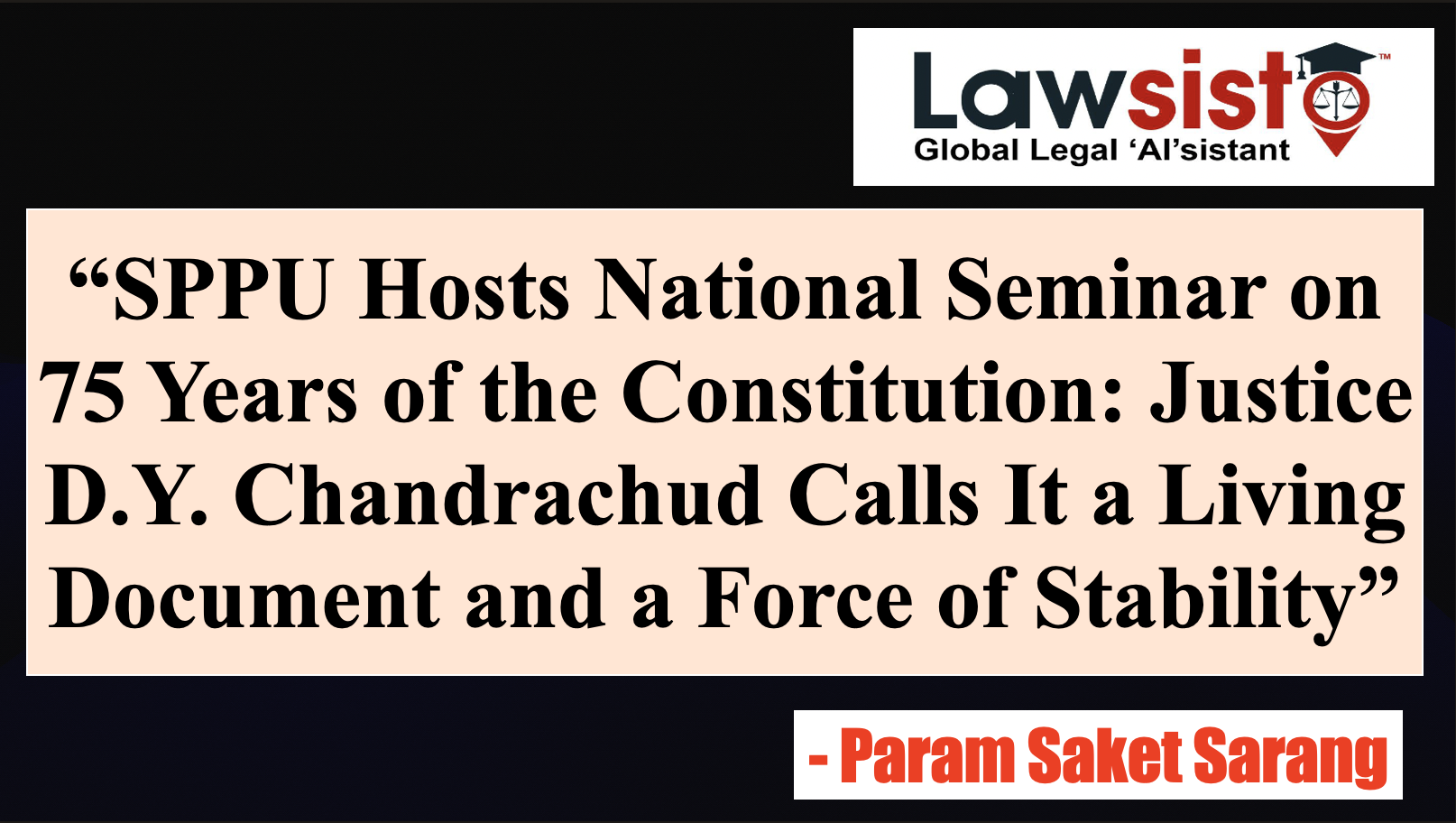Latest Articles
RIGHT TO PRIVACY AND STATUS OF SECTION 377, IPC, 1860

After the recognition of Right to Privacy as a Fundamental Right by the Apex Court in the case of Just. K. S. Puttaswamy(Retd.) v. Union of India in 2017, Justice A. P. Shah has made a statement that now it has become very hard to defend Section 377, IPC. He is the person who has held that the said provision under Indian Penal Code is unconstitutional so far it criminalizes the consensual sexual acts of adults in private because it violates Article 21, Article 14 and Article 15 of the Constitution in case of Naz Foundation v. Govt. of NCT, Delhi in 2009. This decision of Delhi High Court was overruled by the Supreme Court in the case of Suresh Kumar Koushal v. Naz Foundationstating that amending or repealing of section 377 is concerned with the Parliament and not Judiciary. Supreme Court observed that homosexual acts are against the order of nature as there is loss of semen which is for procreation. The judgment was based on the distinction between identity and conduct. This very base was shaken when in case of NALSA v. Union of India, Supreme Court observed that gender identity is integral to personality and most basic aspect of self-determination, dignity and freedoms. Rights have to be protected irrespective of chromosomal sex, genitals, assigned birth sex, or implied gender role. A bill was introduced in year 2015 by Shashi Tharoor for decriminalization of section 377 but was rejected in house by majority.
If we look into the ingredients of section 377, IPC it highlights certain identities and prohibits sexual acts between them. It prescribes punishment for term that may extend to ten years. Since it classifies acts and not person; Article 14 which provides for equality before law and equal protection of law is not attracted. But Article 19(1)(a) which provides for freedom of expression is violated as identity is nothing unless expressed. Justice Radhakrishan has said while delivering the judgment in NALSA case that ‘each person’s self-defined sexual orientation is integral to their personality and is one of the basic aspect of self-determination, dignity, and freedom’. Expression of self-identified gender falls within the freedom of expression protected under Article 19 of the Constitution. This view appears to be logical since expression reflects inherent personality; gender is a part of our identity which could be expressed through conduct only. Sexual orientation of a person is very fundamental to his/her feelings and finds its expression in intimate conduct with other person and personal bond. Liberty has been protected under Article 21 of the Constitution and this allows the person to make to this choice of homosexuality and personal sense of his/her own bodily feelings and requirements.
In the recent case of privacy, section 377, IPC was also discussed and important points to be noticed includes the observation that ‘privacy at its core includes the preservation of personal intimacies, the sanctity of family life, marriage, pro-creation, home and sexual orientation’. Right to privacy thus recognizes one’s ability to control different aspects of his/her life and make choices about own way of life. And this is not denied at some moment just because we are at some public place. Sex life between two adults who are consenting it should not be denied merely because sex is for procreation. Sex is one among those topics which a social stigma attached to it. People are not comfortable with this and often view this as something connected with morality and meant for procreation purpose. Because of such perceptions, homosexuality is considered as an abnormality and homosexuals are subjected to torture, disciplinary activities. They are even subjected to corrective measures to cure them.
Additional problem is that of discomfort that people feel when issue of sex and sexual orientation is raised. One leader of BJP, Rajiv Pratap commented that even politicians are shy to discuss this issue. If there is no advantage, there is also nothing wrong with homosexuality. Sigmund Freud, founder of psycho analysis has said that homosexuality cannot be classified as an illness and it is great injustice to treat them as offender. We need to realize that idea of homosexuality, heterosexuality, and bisexuality has been created by us only, there is nothing unnatural as sexual orientation is because of hormones, genes and their interaction within our body. LGBT movements have its own history in India. Perceiving it as an abnormality is backed by culture, orthodox religious ideas and controversial section 377 of IPC; but not by medical science and psychiatry. Homosexuality is as normal as heterosexuality and homosexuals should not be criminalized for exercising their liberty and freedom of expression. As far as consensual intercourse between two adults is concerned, legislature has to take a stand on this as recognizing right to privacy and rights of transgender will certainly raise the issue of unconstitutionality of section 377.
















































































































































































































































































































































































































































